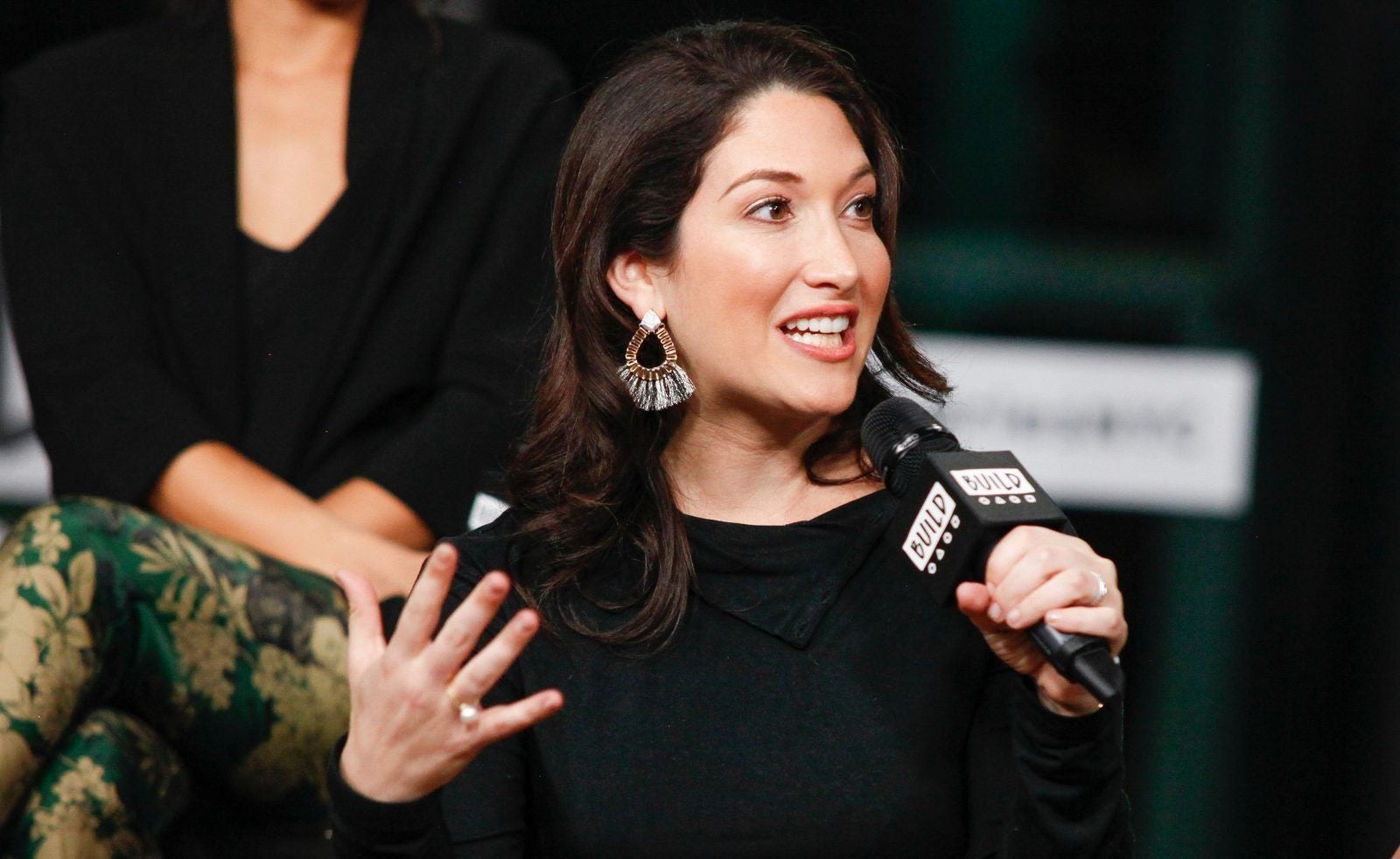The infuriating paradox of working while female, summed up in one sentence
Lean in. Recline out. Speak up. Don’t be too assertive. Ask for the raise. Be grateful for the opportunities you’re given. Show your kids that moms can work full-time. Are you spending enough time with your children? Take maternity leave, you deserve it. Sorry, we had to backfill you. Wear what you’re comfortable in. But please, would you cover up your cleavage?


Lean in. Recline out. Speak up. Don’t be too assertive. Ask for the raise. Be grateful for the opportunities you’re given. Show your kids that moms can work full-time. Are you spending enough time with your children? Take maternity leave, you deserve it. Sorry, we had to backfill you. Wear what you’re comfortable in. But please, would you cover up your cleavage?
It’s often said that as a working woman, you can’t win. There are stats to prove it, too. For example, as the New York Times explains in a recent feature on pregnancy discrimination, each child chops 4% off a woman’s hourly wages, while men’s earnings increase 6% when they become fathers, researchers found, after controlling for experience, education, marital status, and hours worked.
Despite the ubiquity of sexist double standards, it remains exceedingly difficult to explain how it feels to experience these biases. After all, if these biases weren’t so nuanced, they’d just be standards, not double standards.
Speaking at a Quartz event in New York on June 19, Randi Zuckerberg synthesized this phenomenon more incisively than I’ve ever heard before (and I spend a lot of time reading about sexism at work).
While working alongside her brother for a decade at Facebook, Zuckerberg said she often found herself the lone woman in the room. She also noticed that while her male colleagues were applauded for spending time away from work, whether hiking, surfing, or attending Coachella, women’s interests outside of work seemed limited to family—any interests beyond that were widely deemed to be frivolous or self-indulgent. As a musical theater fanatic with a vivacious personality, Zuckerberg found it nearly impossible to blend in.
Looking back on it now, Zuckerberg has mixed feelings about the experience.
“There are a lot of times that I think being different, and looking different, can be a competitive advantage,” she said. “You’re more memorable in a room. But a lot of times I felt like I waffled back and forth between being invisible, and wishing I were invisible.”
And there it was. In one sentence, Zuckerberg summed up the dichotomy faced by so many women, or anyone who doesn’t fit the straight-white-male standard that still dominates business throughout the western world. The audience nodded along, making the kinds of sounds audiences make when they recognize a truth that has just been crystalized for them.
Many of us often feel singled out for the wrong things. When the topic of diversity comes up, everyone turns to the black person in the room for their perspective; women receive public thank you’s for cleaning up the office, but not for creating the client pitch or solving the IT glitch. When a high court rules on a case about wedding cakes for gay couples, people might go around the office looking for perspective but probably not from their straight colleagues.
It’s not that people of color or LGBTQ people or shouldn’t contribute to conversations about diversity or inclusion, or that emotional labor carried out largely by women doesn’t deserve praise. It’s that none of these things are solely the responsibility of people of color, or LGBTQ people, or women. Nor are their contributions in these areas the only value they bring as professionals.
So many of us want to our accomplishments and individuality to be seen and acknowledged. But when we are only expected to add value in realms that are explicitly tied to our gender, racial, or sexual identities, our very existence at work becomes tokenized.
Aware that the invisible-hypervisible double bind won’t disappear anytime soon, Zuckerberg—who is back in New York now running her own media company, writing books, hosting a business-radio show, and scouring the tech industry as an angel investor—chooses to see it as a business edge:
“I’ve certainly been able to use it to my advantage in connecting with underestimated entrepreneurs who also feel invisible,” said Zuckerberg, noting that she regularly brings female entrepreneurs onto her Sirius XM business radio show, Dot Complicated.
“I can’t tell you how many times I’ve heard, ‘It’s a pipeline problem, there’s no women out there.’ And I’m like, well, I’ve had 350 awesome female entrepreneurs on my show in last three years. It is not a pipeline problem. But now it’s given me a pipeline to meet 350 awesome female entrepreneurs, who I can leverage in my own network and invest in,” she said.
“So use that to your advantage,” she advised. “If you’re at a nexus point where you can meet diverse people and see deals and [invest] first, it’s a great place to be in. But it’s frustrating as hell at the same time.”